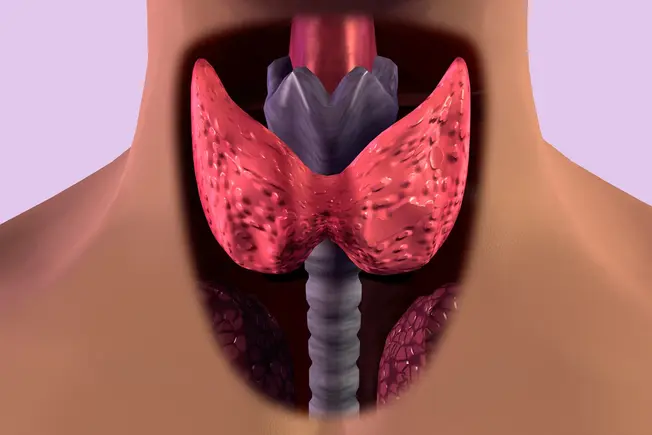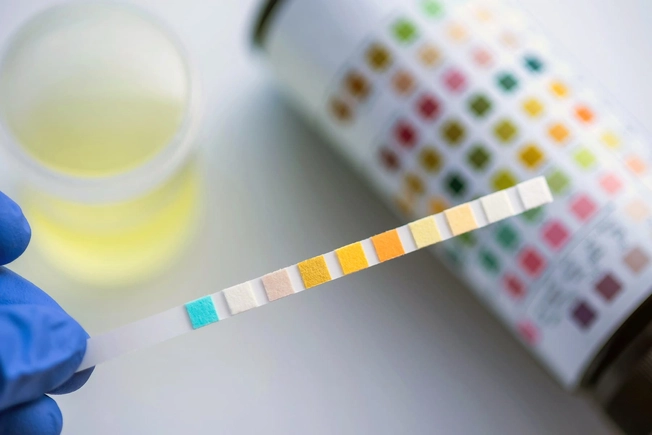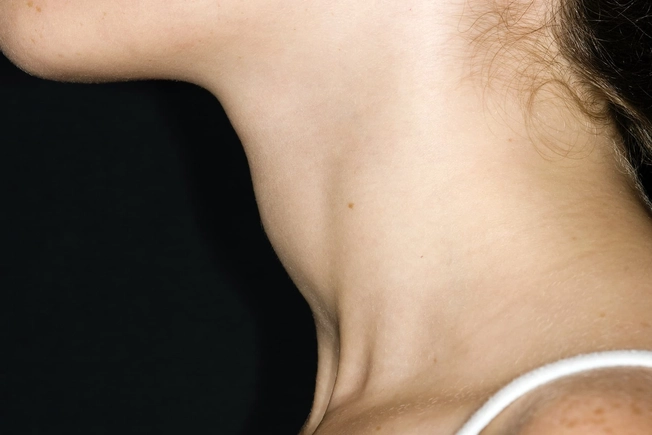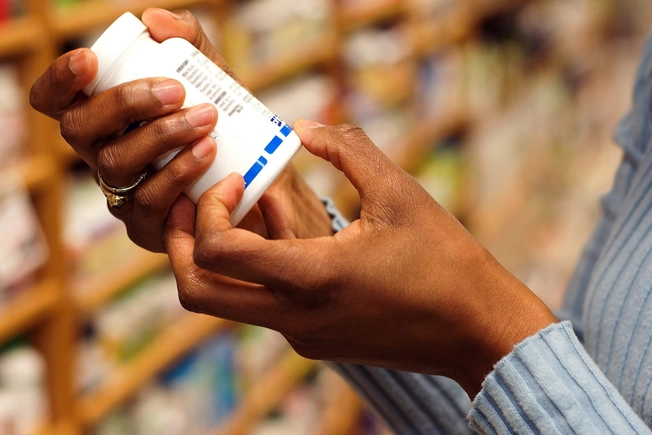Are You Getting Enough Iodine?


What Does Iodine Do?
Your thyroid, a small, butterfly-shaped gland in your neck, uses iodine to make hormones that help your body do lots of things, like make energy and keep you warm. These hormones are also important for a baby’s bone and brain development before and after birth. Your body doesn’t make iodine, so you have to get it from food or supplements.

How Much Do You Need?
Adults need about 150 micrograms (mcg) a day. Infants need about 110 mcg a day up to 6 months old and 130 mcg from 7 to 12 months. Then recommended levels go down to 90 through 8 years of age. Kids 9 to 13 should get about 120 mcg per day. Most Americans have no trouble getting those amounts from food. You will need more if you are pregnant or nursing.

What If You’re Pregnant?
It’s an especially important time to get enough iodine. Too little could affect your baby’s growth and brain development. That’s why pregnant women need about 50% more iodine than other adults. You’re even more likely to have low levels if you don’t eat dairy foods during pregnancy. Talk to your doctor about whether your levels could be low and what to do about it. They may suggest you take a supplement with 150 mcg of iodine.

What About Breastfeeding?
It’s a good idea to keep taking a supplement with iodine. Infants get this nutrient from breast milk, baby formula, and foods when they start eating solids. If you’re breastfeeding, experts say you should get around 290 mcg of iodine to be sure your baby gets enough.

Can I Get My Iodine Tested?
Not really. Doctors can test your pee to see if you’ve had enough iodine recently, but that doesn’t necessarily show if you get the right amount over time. These tests do, however, help scientists figure out which groups of people are most likely to lack iodine in their diets. Americans generally get enough, but people in parts of Asia, Africa, and Europe may not.

An Early Sign You’re Low
One of the first things you might notice is swelling in the neck. Sometimes called a goiter, it’s really an inflamed thyroid gland. In some cases, it can have growths, called nodules, that can make it hard to breathe and swallow, and may get worse when you lie down. But a number of things can cause a goiter, so don’t assume right away it’s because of low iodine. It’s best to talk to your doctor to find out more.

Hypothyroidism
One of the most common results of low iodine is that your thyroid can’t make enough thyroid hormone, a condition called hypothyroidism. This might inflame the gland and cause a goiter, but not always. It could also thin your hair, dry your skin, and make you feel cold, tired, constipated, and depressed. And you might gain weight more easily. But symptoms can take years to appear. Talk to your doctor if you notice any of these signs.

Foods With Iodine
Seaweed can be a great source, though the amount per serving varies depending on the type you eat. Iodine is also in eggs, dairy products like milk, yogurt, and cheese, and seafood like shrimp, tuna, and cod. When you see foods labeled “iodized,” like salt, it means they have iodine added. You should be able to get enough from iodized salt, but keep in mind that the salt added to processed foods, like chips or canned soup, often has zero iodine.

What About Supplements?
Many multivitamins and seaweed supplements have iodine. But most Americans don’t need extra unless they’re breastfeeding or pregnant. Adults shouldn’t take more than 1,100 mcg per day unless they talk to a doctor first. Scientists don’t yet know if it’s helpful or safe to give supplements to babies that might be low on iodine because of an early birth or some other reason.

What Happens With Too Much Iodine?
High levels can inflame your thyroid gland and can cause some of the same symptoms that low levels do, including a goiter. A very large dose, like several grams of iodine at once, could put you in a coma. It also might burn your stomach, throat, or mouth, and cause a weak pulse, nausea, vomiting, and diarrhea. Even “normal” levels can cause problems if your body is used to much less iodine in your diet or you already have thyroid problems.

Can Iodine Affect My Other Medicines?
Yes. If you take blood pressure drugs called ACE inhibitors or diuretics like amiloride, eplerenone, spironolactone, and triamterene, iodine supplements can raise potassium in your blood to unsafe levels. And taking them with meds for hyperthyroidism could lower thyroid hormone levels too much. Tell your doctor about all your meds and supplements before you add anything new.